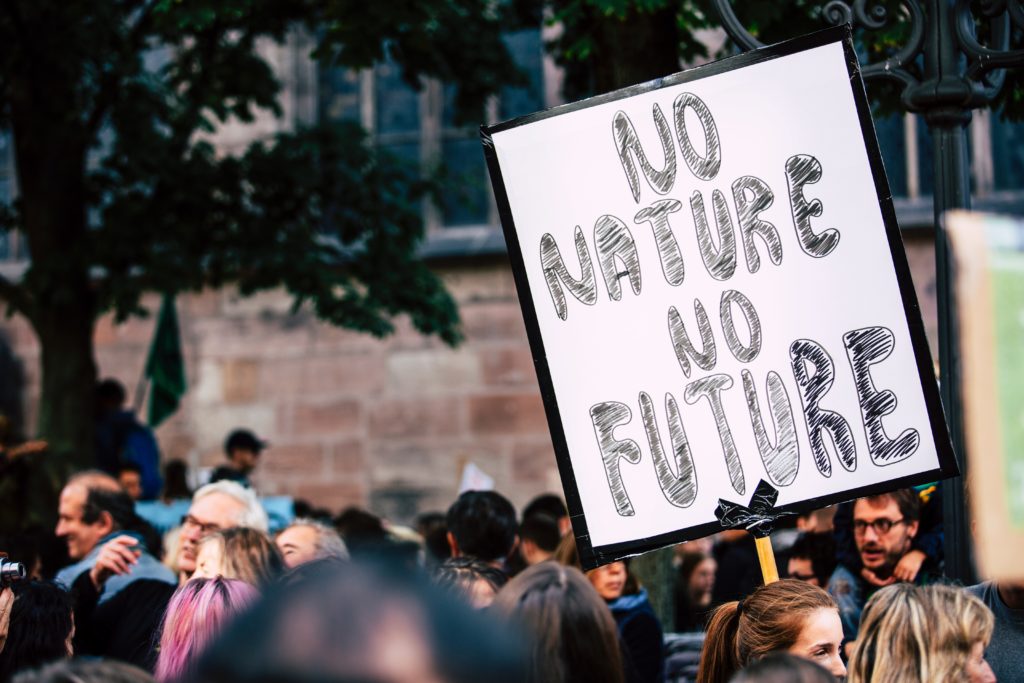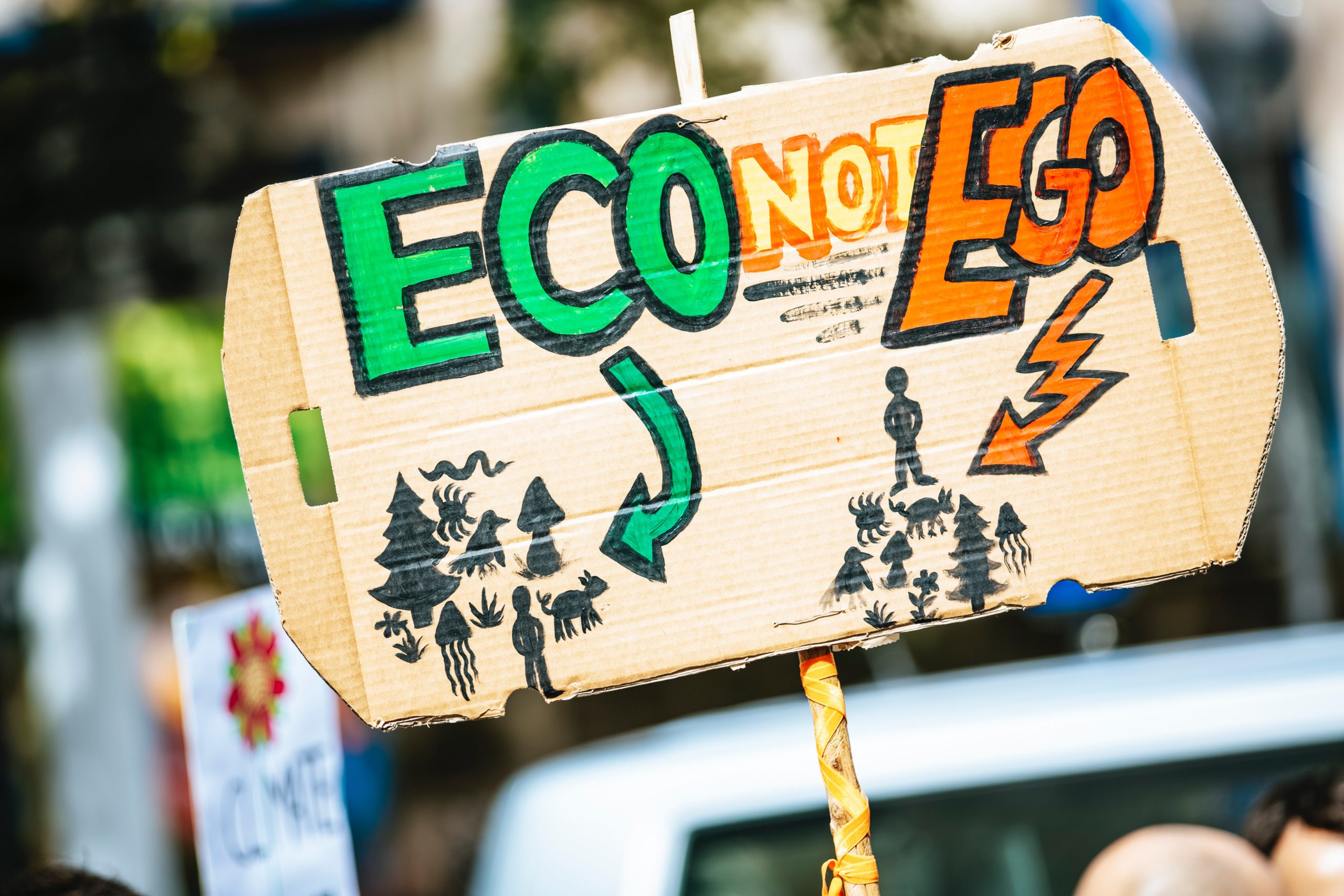Our ‘Throwaway Culture’ Is Significantly To Blame For Climate Change. What Can We Do About It?
4 Mins Read
Advocacy organisation Circle Economy has denounced continued participation in what it calls the ‘throwaway global economy’. The impact organisation states that more than half a trillion tonnes of virgin materials have been consumed in the last six years since the Paris Agreement, which highlighted the importance of sustainable practises to prevent global warming rising above 1.5°.
The Circularity Gap Report 2022 makes for startling reading. It does not simply highlight the issues contributing to climate change,however. A roadmap to climate repair, or at least prevention of the situation worsening, is laid out. Political world leaders are called upon to implement circular economy strategies as a matter of urgency.

Why a circular model?
Circle Economy lays down facts that shine a light on the growing climate crisis. 70 percent of all greenhouse gas emissions are attributed to production and implementation of products. This relates to fashion, transport and even the buildings used daily. While governments are quick to talk about reducing reliance on fossil fuels, only one in three is shown to consider circular economy solutions.
The report illustrates that at present, 70 percent more virgin fibres are being consumed than the world can reasonably replenish on its own. The weight of said materials is increasing year-on-year. In 2016 the figure amounted to almost 90 billion tonnes; it climbed to more than 101 billion tonnes in 2019. Circle Economy breaks down the maths to report that 90 percent of virgin materials taken from the planet end up as waste. Just 8.6 percent is currently recycled, the organisation claims.
What can be done?
Despite an overall disappointing outcome, the COP26 did see world leaders committing to taking climate action. Circle Economy does not feel that the steps promised will be enough to make a significant difference and seeks to make circular economy models a talking point at the next global event.
“Our insatiable demand for resources and throwaway economy is threatening the planet’s future and driving us down the road to climate breakdown.,” Martijn Lopes Cardozo, CEO of Circle Economy said in a statement. “Leaders from government, business and civil society must put circular solutions on the global agenda and ensure they feature strongly when countries update their national climate pledges ahead of COP27 in Egypt.”
Circle Economy’s report suggests 21 adoptable tactics for climate change improvement. These are to be implemented alongside existing protocols, not in their place. This point was made explicitly clear. If committed to, they could double the circular economy, cut virgin material use to under 80 billion tonnes per year and make the 1.5° global warming limit viable. Suggestions focus on reductions. The construction industry could contribute significantly, for example, by developing lightweight, resource frugal buildings. Effective recycling is campaigned for and regenerative practises need to become the norm. A focus on local supply chains was illustrated as pertinent to the latter.

Time to act
Circle Economy’s report lays bare the urgency at hand. “By applying the circular solutions outlined in this report, we can reduce the use of scarce materials and dramatically cut emissions—thereby fighting climate change and biodiversity loss,” Frans van Houten, CEO of Royal Philips and co-chair of the Platform for Accelerating the Circular Economy said in a statement. “But we can only do it by joining forces. That’s why I’m calling on all CEOs and business leaders, governments and NGOs to step up and accelerate our combined efforts, so we can reach the goal of doubling circularity within 10 years. Let’s take bold actions and deliver impact.”
Making progress
Though more needs to be done, there are startups looking to implement circular economy models to disrupt big business sectors. Most recently, Back Market, France’s leading circular electronics platform, became the country’s most valuable startup. The news broke after a $510 million funding round closed. The company specialises in connecting conscious consumers to refurbished tech goods for a fraction of the new RRP.
In October last year, Ikea announced that it is experimenting with circular models. The furniture giant converted a Thailand store into a circular location where customers can bring used items for resale. It’s a step on the ladder to fulfilling promises to be a 100 percent circular company by 2030.
Fashion Revolution has long led the charge for changes in the way we consume clothing. The social justice organisation highlights the plight of garment workers and provides practical suggestions for reducing clothing waste. Next year will see the 10th anniversary of the campaign being launched.
Lead photo by Markus Spiske from Pexels.




